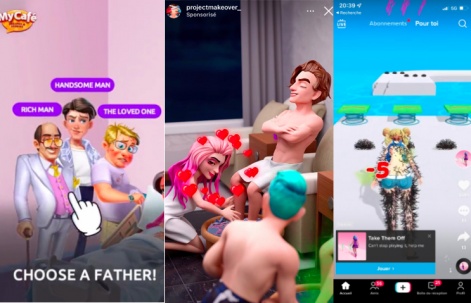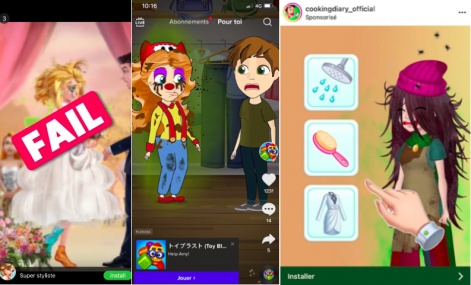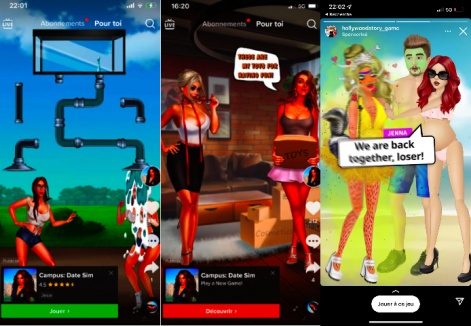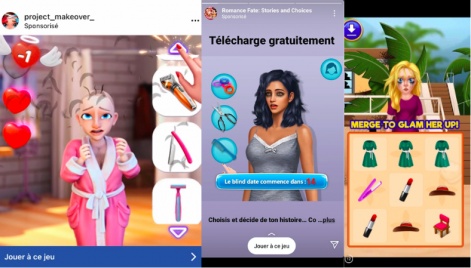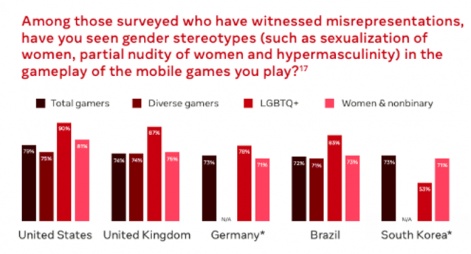PocketGamer.biz does not need to express how vital user acquisition is to the mobile games industry. With IAPs driving less than 50 per cent of revenue, and privacy changes from Apple and Google disrupting the ad monetisation landscape, bringing more players onboard is only becoming more vital.
This means thinking creatively, strategically, and sometimes even misleadingly. Claire Rozain, UA team lead at Rovio, casts her expert lens on the latest user acquisition strategies in her new weekly column, UA Eye.
Stop this immediately
Advertising is based on CPM price – meaning each ad will reach an incredible amount of human beings. I am currently working as UA lead in Rovio and was previously a member of the diversity and inclusion committee at Product Madness. I have also participated in and created numerous webinars and articles about women in gaming and created the Puzzle Society: a diverse and inviting online environment with a community of people to promote inclusive ads and games.
Essentially, I believe my passion for the industry is an asset to uplift and challenge our current – and occasionally outdated – methods of reaching audiences across a global market.
But today, I want to show you the ads I have been targeted with, and specifically – as a women and a member of the LGBTQ community, I did not wish to watch but, regardless, they still reached me. There will be no individual analysis or commentary on these ads, and we should no longer see them as part of our UA space.
Harmful stereotypes
Gender-based standards
Hypersexualised women
Women’s beauty standards
Age-shaming
I am passionate about safe and responsible gameplay because I am fully aware of the reach and impact our products and ads have on the market. As you can see below from Meta’s infographic, Overcoming the diversity gap in mobile gaming, 79 per cent of total gamers in the US – a key market – have witnessed gender misrepresentations and stereotypes in the gameplay of the mobile games they play.
Each company has a responsibility to lead by example and to be respectful and inclusive toward all players. I also think there is a real, long-term competitive advantage on the market and would also avoid any potential legal action against your company.
I wish I had not been targeted by these ads, and I worry about how they depict the mobile games industry to women and the LGBTQ community. It is never too late to educate ourselves, and we should endeavour to make better ads together. Everyone is welcome to enter the dance of inclusive, responsible, and diverse ads.
—
You can find every weekly installment of Claire Rozain’s UA Eye through this link. For more from Rozain and provide feedback on her column, check out the Puzzle Society.


